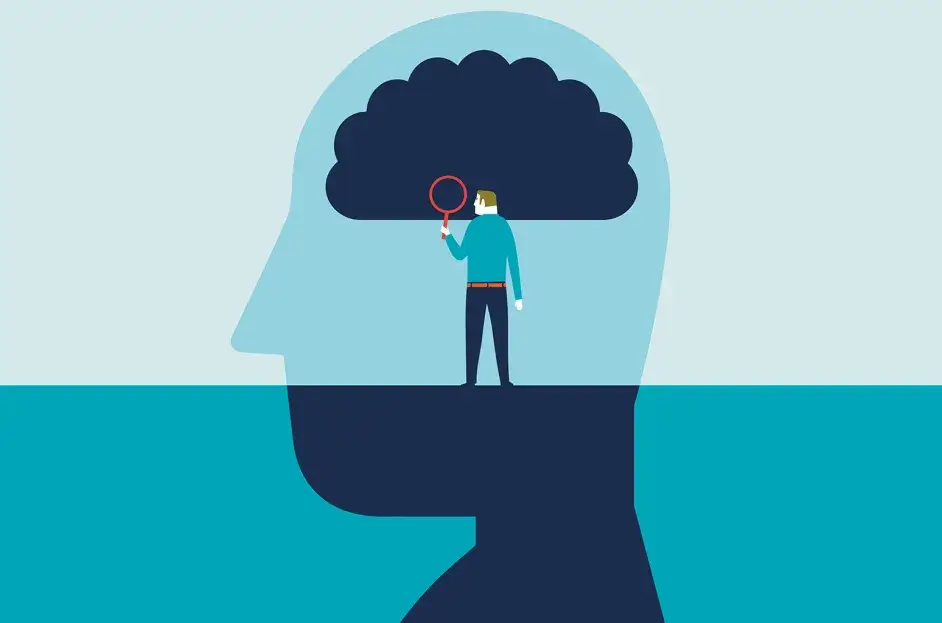
This Isn’t an Isolated Stat… It’s a National Crisis
In 2019, Record Union published a groundbreaking mental health report. The headline? 73% of independent musicians suffer from symptoms of anxiety and depression.
That was before the pandemic. Before the rise of TikTok hustle culture. Before AI flooded the creative economy.
Now it’s 2025. And artists aren’t just anxious. They’re burned out, broke, and barely holding on.
If you’re an artist, you probably know the feeling:
- Working three side jobs to afford studio time.
- Posting online like everything’s fine while mentally unraveling.
- Losing sleep, losing money, losing confidence.
If you love a creative, you’ve probably seen it:
- The highs of release day, the lows of rejection.
- The fear of failure creeping in after every gig.
- The anxiety that builds when they smile for the camera, but go silent when it’s off.
This isn’t random. This is systemic.
What the Record Union Report (The73Percent.com) Reveals
“We should not only focus on building better artists, we need to build better people.”
— Jason Diakité, Report Contributor, Artist & Mental Health Advocate
The 73 Percent Report didn’t just drop a shocking stat, it opened the door to artist testimonies:
“You feel alone, even when you’re constantly performing. The pressure to deliver… it kills the joy.”
“The music business loves vulnerability. Until you actually break. Then they ghost you.”
The findings from Record Union pointed to deeper structural issues:
- Lack of mental health education for creatives
- Isolation from community support
- Unstable income and constant financial stress
- And most of all: no one is trained to catch the artist before they fall.
SoundRef.com Goes Deeper: The Hidden Pressure Points
SoundRef’s breakdown of music and mental health adds more chilling detail:
The 9 Hidden Stressors Every Musician Battles:
- Work-life imbalance
- Dealing with toxic clients
- Isolation and touring loneliness
- Fear of failure
- Public criticism
- Stage fright
- Addiction and substance use
- Constant financial insecurity
- Chronic body pain from performance tension
Their conclusion?
“Being a professional musician is one of the most challenging careers you can choose.”
And yet… most artists are still expected to figure it all out alone.
From the Outside, It Looks Like Stardom. Inside? Suffering.
In 2025, your favorite artist might be:
- Performing to a sold-out crowd on Friday
- Crying in a hotel bathroom on Saturday
- In a peer-led recovery group on Sunday
Or maybe…they’re not in recovery. Because they don’t even know it exists.
At Watch Light Pathways, we’ve watched too many artists lose their light while trying to shine for others.
Our founders are parents of three creative children, two musicians and one visual artist, and they’ve seen the toll this life can take, up close.
That’s why they built Watch Light before the lights faded. Because they couldn’t bear to see their children, or yours, crash under the weight of an industry that celebrates talent but rarely protects the soul behind it.
Here’s What We’re Doing About It (And How You Can Help)
- Sponsor a recovery-focused peer coaching session for an artist in crisis.
- Fund our Lights Fade Series to spread awareness through real stories.
- Partner with us to build mental health programs in your creative community.
- Hire a creative through our recovery-to-workforce pipeline. Open a door, don’t just offer applause.
- Talk to us if you’re a parent, artist, or leader who’s ready to help.
DONATE TO KEEP CREATIVES ALIVE
START A WATCH LIGHT CHAPTER IN YOUR CITY
SIGN UP FOR A CREATIVE WORKFORCE PROGRAM
Tag Yourself If This Is You:
- Independent artist trying to stay afloat
- Music parent worrying behind the scenes
- Social media manager burning out in silence
- Creative entrepreneur stuck between passion and panic
You’re not weak. You’re not lazy. You’re just unsupported.
Until now.
Want to Go Deeper?
Read the full 73 Percent Report
Explore mental health resources for musicians at SoundRef
See how Watch Light Pathways builds recovery-first ecosystems for artists
